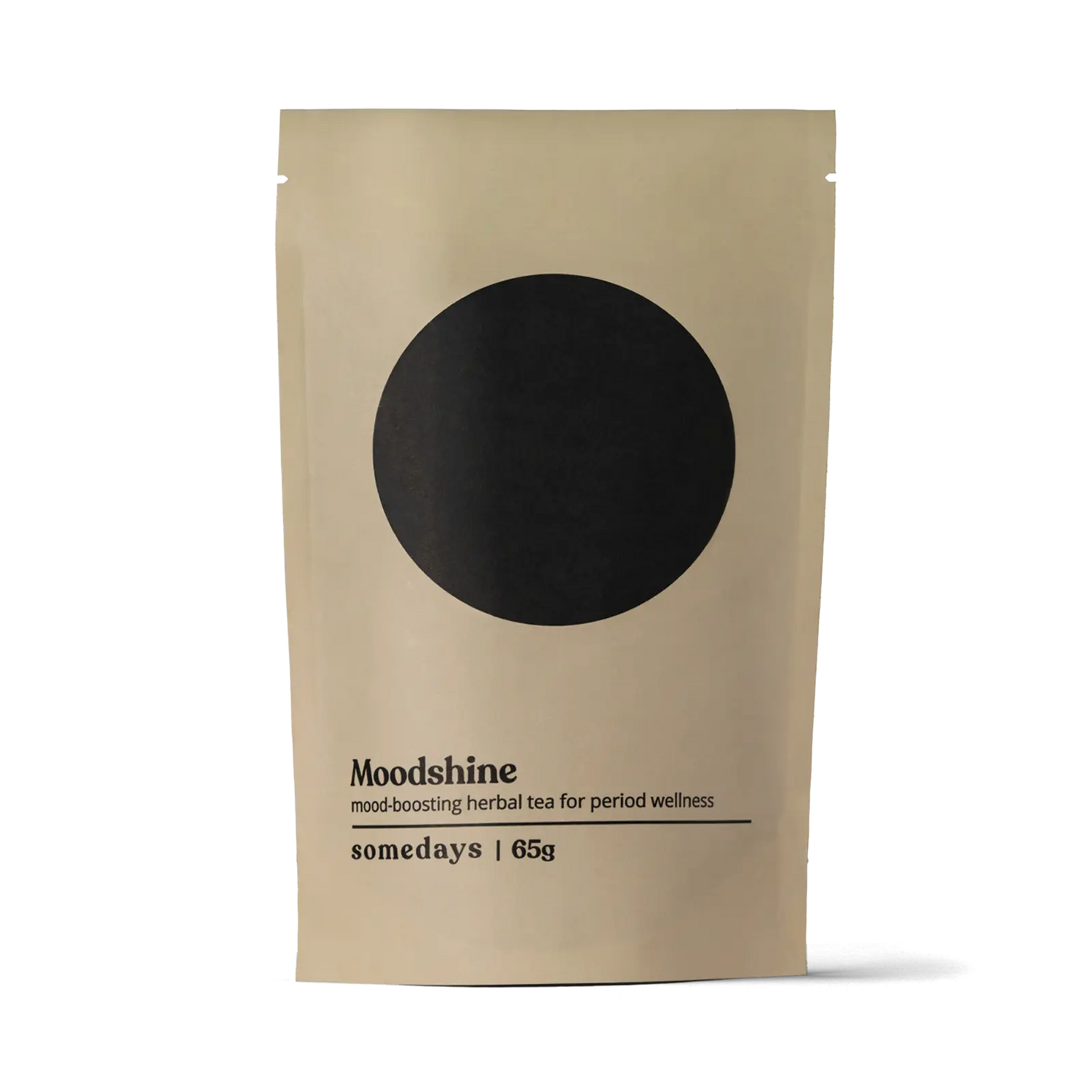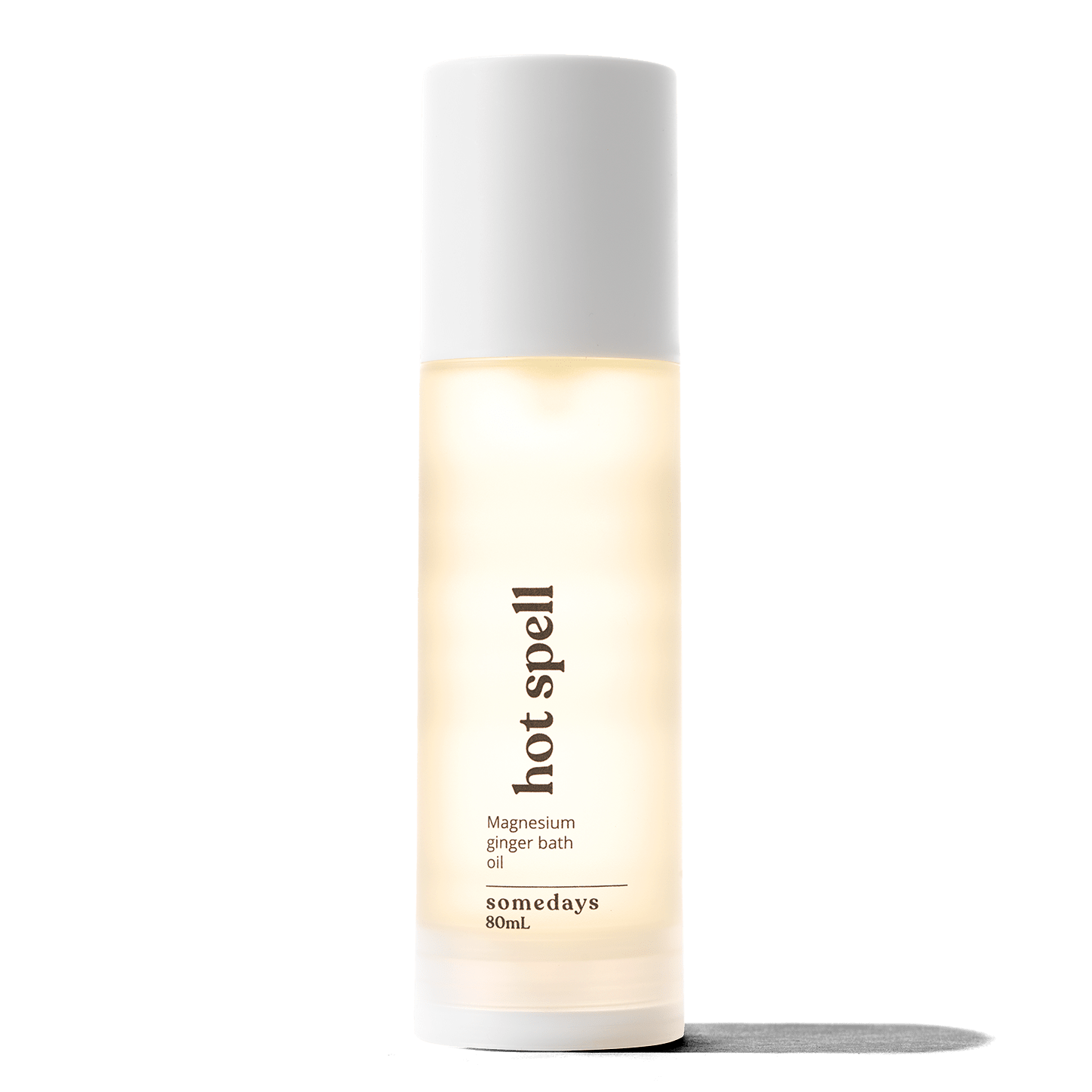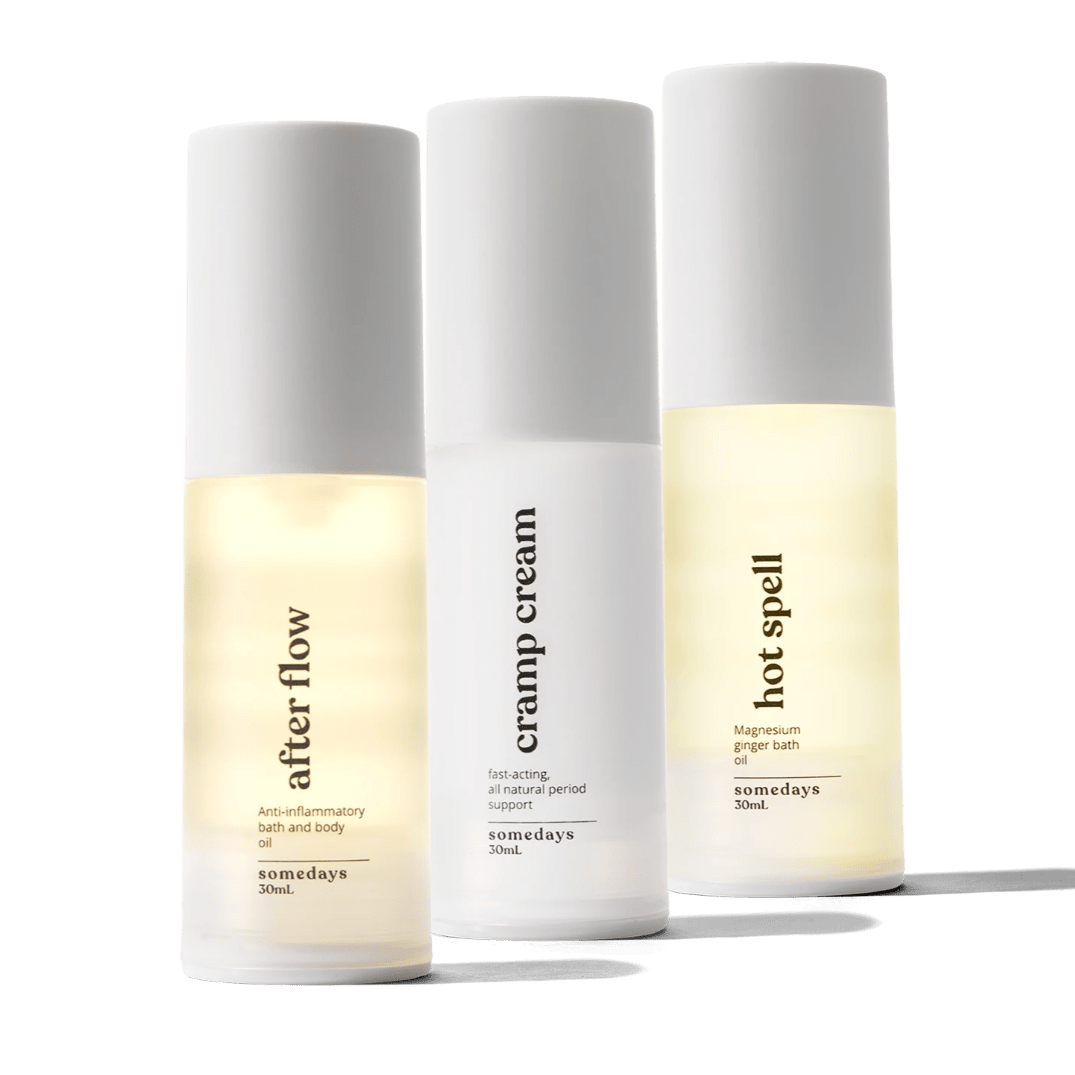Toxic Things I Learned About Periods in the Catholic School System

I got my first period in the summer between grades 6 and 7. I remember being at the park with my friends months later and one of them said, “I wonder which of us will get their period first.” I kept my mouth shut. I don’t know why I didn’t just say I had already gotten mine.
I guess you could say it felt like a secret. There had been no mention of periods in school yet so the whole concept seemed foreign, even though I was experiencing it and statistically, many others were too.
When I started highschool, my period got increasingly heavy and irregular. I would get my period for 20 days straight with half of those days considered to be heavy. Cramping, pain and all. Then 7 days later, another period. Then nothing for 2 months. Soon after, my mom took me to see the doctor.
I remember being adamant that the doctor be female. It made me sweat to even think of having to explain this to a male doctor. As you could guess, my doctor prescribed me contraceptive birth control pills. The pill quickly regulated my period thankfully, all was well!
I grew up in a Catholic household so my parents enrolled me in private Catholic school, where the class sizes were smaller and the rate of graduates attending university was apparently higher. As such, one of the core, mandatory courses required each year is religion.
The only form of sex and reproductive health education in highschool was taught during our religion class. It wasn’t a topic delivered very often but when it was, it was with a strong sense of seriousness and well… awkwardness. My grade 9 teacher was a young white man in his late 20’s to early 30’s and he was brand new to teaching.
It was clear he dreaded having to teach sex ed, he came up with the idea of opening up an anonymous Q&A where student’s could ask their questions during class and he would be able to answer them. To his credit, I still think this was a good idea. There were a lot of questions asked that I don’t believe would’ve been asked if there was no anonymity involved.
Now in one particular class, we had just learned that the Catholic church bans all forms of “artificial” contraceptives, deeming it instricially wrong and never permissible. Catholic.com states that this includes sterilization, condoms and other barrier methods, spermicides, birth control pills, withdrawal method and “all other such methods”.
The basic idea is that contraception goes against God’s force of nature. For pregnancy prevention, what the Catholic church does believe in is something called “natural family planning”. Essentially what this is, is carefully tracking one’s ovulation cycle and planning accordingly to not have sex during the fertile days.
Now having been taking birth control pills for over a year, you can imagine I wasn’t happy to suddenly learn that I had been committing a real sin in the eyes of the Catholic church. Not that it should matter, but I wasn’t sexually active. At all. Simply on birth control pills for regulating my period.
When I think back on this today, the mere thought of teaching a room full of teenagers that contraceptives are a big no is quite frankly the most irresponsible thing an educator could do and that’s the real issue at hand.
Anyway, I wasn’t about to let this one slide. So I typed something along the lines of “Is it a sin to take birth control for strictly just period-regulation and not to prevent pregnancy?” My teacher read out the question in a confused tone.
To this day, I don’t think he had realized up until that point that that’s something people did. He chewed on it, looked at what I’m sure were his sweaty palms and then without much conviction, announced that yes it is still a sin.
Contraceptives are unnatural and thus go against God’s will. That answer just didn’t sit well with me. I didn’t give my teacher time to move onto the next question before speaking aloud.
I asked, “so you’re saying when medicine is used to dramatically help with very irregular period problems, that’s wrong? God wants us to suffer and not use medicine?” My teacher didn’t like that question. He attempted to put a sentence together and offer some type of weak rebuttal.
Words were had, seconds passed and I was sent out of the class for having an attitude. I was always a pretty good student and have never been thrown out of class before so when I say I was embarrassed and mortified by the experience, I was. So when I say I was embarrassed and mortified by the experience, I was. In retrospect, I should’ve gone straight to the teacher I trusted the most as well as my parents and told them what had happened.
I wish so badly I had done that. Instead, I let guilt and shame fall over me, all while unbeknownst to be at the time, a wedge between me and the Catholic church appeared.
As an adult, it’s not difficult for me to pinpoint why I still carry negativity towards my period. I was taught that it was natural for me to have me suffer from irregular and painful periods. I was lucky to have parents and a doctor that thought differently, but the same can’t be said for a lot of people with periods around the world.
When I was first introduced to somedays and their mission of re-imagining menstrual support, I was met with the feeling of validation. Validation that we need to talk more about menstruation.
Validation that everyone’s story surrounding menstruation and pelvic pain is deserving of being heard. I’m thankful to have been given the opportunity to share my story and am hopeful that others with similar stories to mine might be inspired to find their own voice and start on their journey.
Previous Article All Articles Next Article
All Articles


